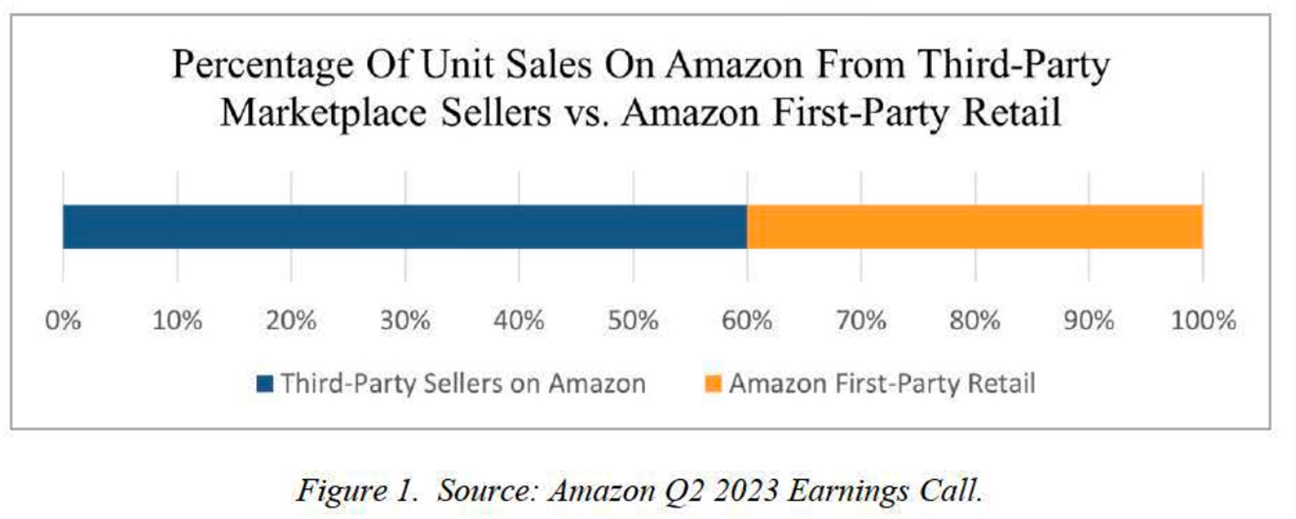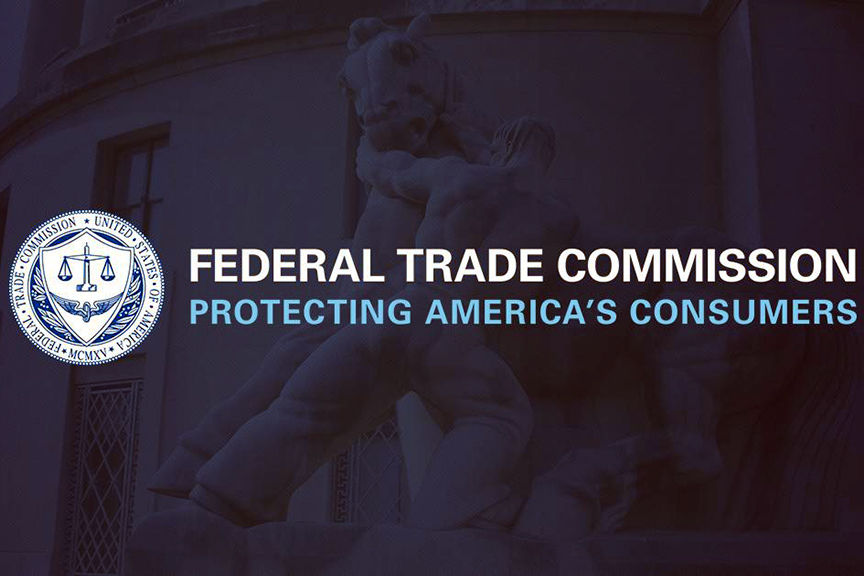In a recent development, the Federal Trade Commission (FTC) has initiated a groundbreaking antitrust lawsuit against Amazon, accusing the e-commerce giant of leveraging its monopoly power to stifle competition and manipulate prices. The move has sparked a chorus of approval from Amazon sellers who have long grappled with the company’s alleged unfair regulations.
The lawsuit comes on the heels of incidents like that of Fred Ruckel, sole seller of the popular cat toy, the Ripple Rug. Ruckel received an automated email from Amazon notifying him that his product was being sold at a lower price elsewhere. To remain in the coveted buy box, Ruckel had to either reduce his price on Amazon or persuade the competitor to raise theirs. This exemplifies Amazon’s alleged anti-discounting strategy, a key focus of the FTC’s 172-page suit.
According to the FTC, Amazon employs an “anti-discounting strategy” coupled with a sophisticated web-crawling apparatus to monitor online prices continually. Sellers offering lower prices on other platforms risk being disqualified from Amazon’s buy box, deemed an “existential threat” to their businesses. The FTC contends that these tactics artificially inflate prices across the entire e-commerce landscape.

Amazon’s response, articulated by General Counsel David Zapolsky, insists that third-party sellers set their own prices and that the company invests in tools to promote competitive pricing. However, sellers on Amazon’s own forum, Seller Central, expressed support for the FTC’s monopoly action, describing it as “long overdue.” Many hope it will prompt changes in Amazon’s business practices, citing grievances over rising fees, opaque suspension processes, and intensified competition on the platform.
While some sellers applaud the FTC’s intervention, others express skepticism, emphasizing that the highlighted issues might not necessarily improve the seller and consumer experience. Scott Needham, an Amazon seller critical of the company, acknowledges concerns about monopoly power but questions whether the lawsuit would bring about meaningful change. Seller sentiment is diverse, reflecting a nuanced understanding of the challenges and benefits of operating within Amazon’s ecosystem.
Many sellers zero in on Amazon’s pricing policies and escalating fees as legitimate areas of concern. Critics, such as Molson Hart of Viahart, argue that Amazon’s pricing policies can lead to suppressed listings, negatively impacting sales. Even sellers with reservations about the FTC’s case, like Scott Needham, acknowledge issues with the buy box, where competing platforms offering promotions can lead to Amazon suppressing listings rather than adjusting prices.
Despite the diversity of opinions, sellers seem united in their concerns over Amazon’s pricing policies and fees. Some hope the lawsuit will bring about a reevaluation of Amazon’s practices, while others question whether the highlighted issues truly address the complexities of the e-commerce landscape. As the lawsuit unfolds, the outcomes could reshape the dynamics of Amazon’s relationship with its vast network of third-party sellers.






